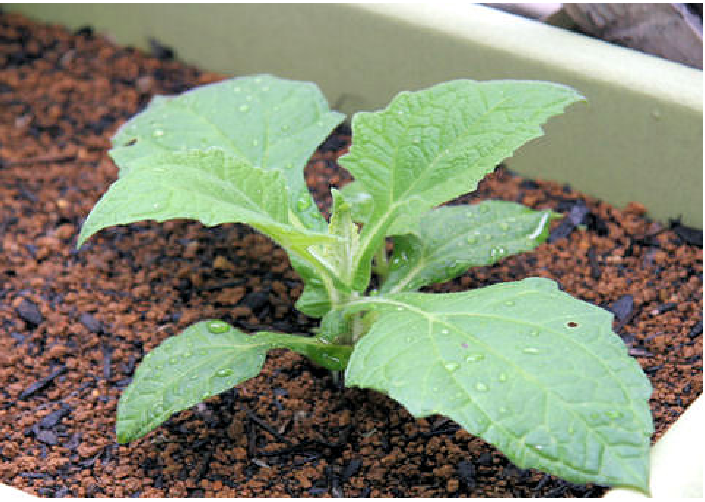Study finds Malunggay and Yacon effective against common bacterial infections
Local plants yacon and malunggay have been found to be effective as remedies against common skin bacterial infections. In separate studies done at De La Salle Health Sciences Institute's Angelo King Medical Research Center and De La Salle University-Manila, researches have confirmed the plants' viability as anti-bacterial agents.
Specifically, two bioactive compounds in malunggay seeds and a bioactive compound present in yacon leaves have been found to be effective against Staphylococcus aureus and Staphylococcus epidermidis, the most common causes of bacterial skin infections. Malunggay Seeds
Malunggay Seeds
In the study conducted by a group of researchers from DLSHSI, DLSU-Manila, and the National Research Institute of Chinese Medicine in Taiwan, the compounds in malunggay seeds have been found to possess significant activity against the said bacteria and thus have strong potentials for development as cure for staphylococcal infections.
In addition, the study also found malunggay's seed to be useful against Epidermophyton floccosum and Trichophyton rubrum, two of the more common causes of cutaneous fungal infections and may hold promise as a natural remedy for external fungal infections.
Yacon Leaves

In an abstract that will be published in the Chinese Journal of Natural Medicines, the same group of researchers say the study on yacon leaves not only "confirmed the plant's therapeutic utility but have likewise substantiated pertinent health-benefit claims."
Source: Focus-The Official Newsletter of De La Salle Health Sciences Institute










